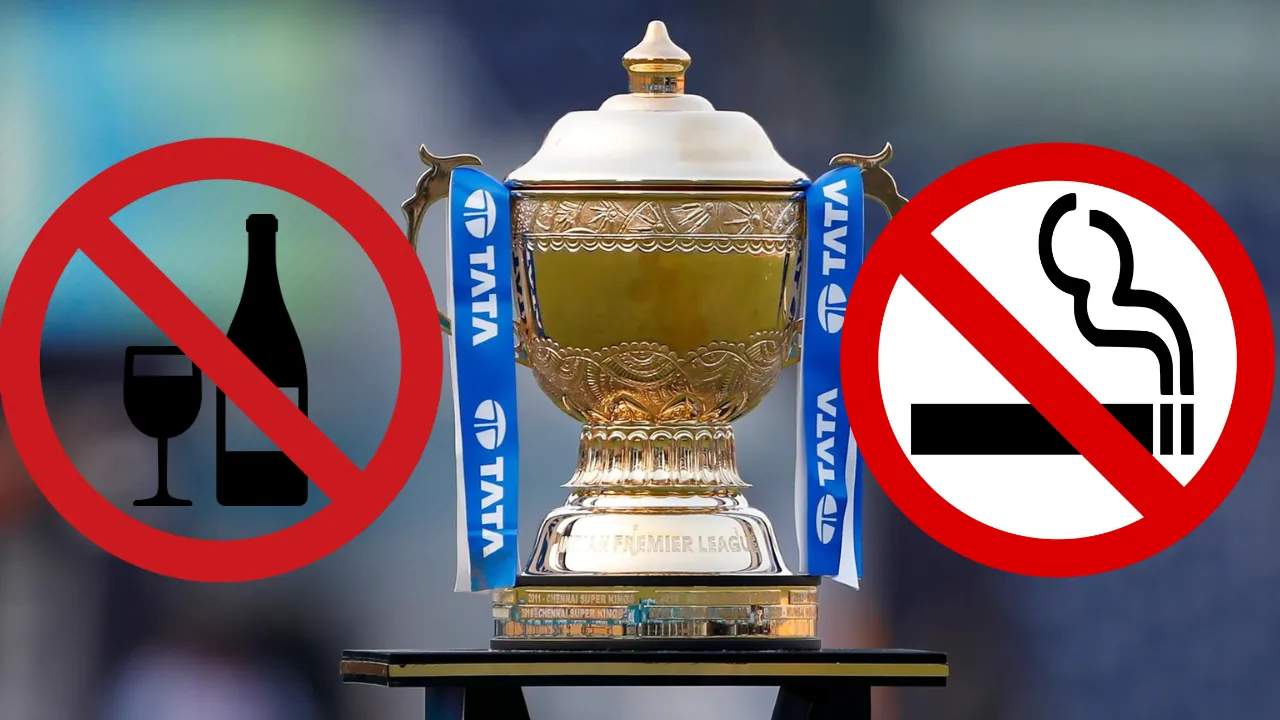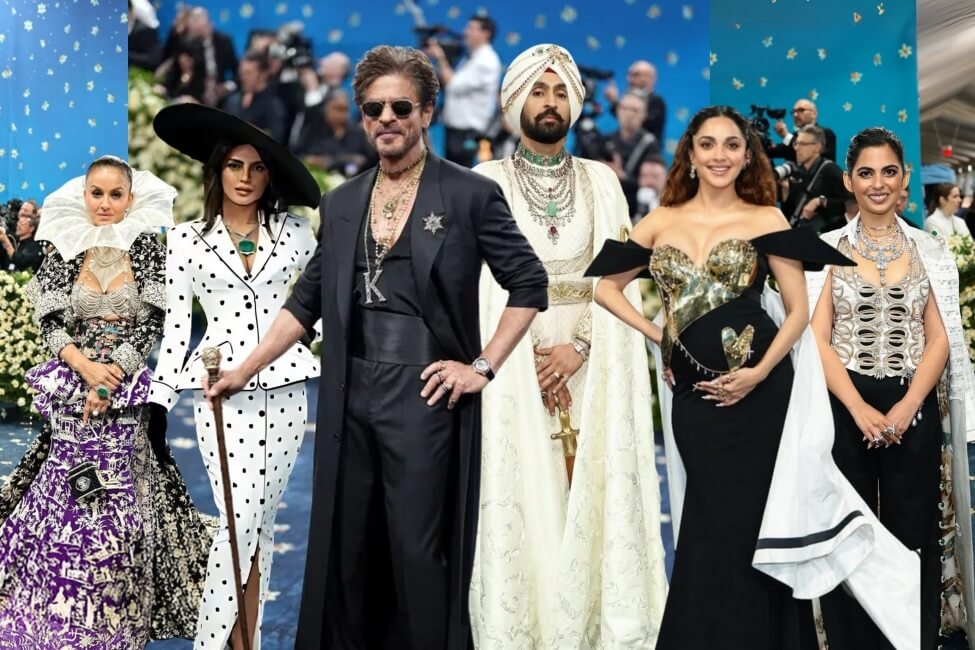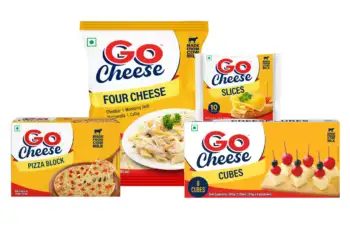Union Health Ministry Calls for Ban on Tobacco and Alcohol Advertising in IPL:
The Union Health Ministry has once again directed the Indian Premier League (IPL) to prohibit all forms of tobacco and alcohol promotions, including surrogate advertising, during the tournament. In a letter addressed to IPL chairman Arun Singh Dhumal, Director General of Health Services Atul Goel emphasized the need for a complete ban on the sale of tobacco and alcohol products at all IPL-affiliated events and sports venues.
Public Health Concerns and Policy Directive:
Goel highlighted India’s alarming statistics on substance-related health issues, stating that the country ranks second globally in tobacco-related deaths, with approximately 1.4 million fatalities annually. Additionally, alcohol remains the most widely used psychoactive substance in India. As part of the government’s efforts to curb the influence of these products, the ministry has urged sports bodies to discourage sportspersons and commentators from endorsing such brands, whether directly or indirectly.
Over the years, several high-profile personalities, including Virat Kohli, Rohit Sharma, Kapil Sharma, and Sunil Gavaskar, have been linked to surrogate advertising campaigns. The ministry’s latest directive seeks to curtail such associations and uphold ethical sports advertising.
The Role of Tobacco and Alcohol in IPL Advertising:
Tobacco and alcohol brands have traditionally played a significant role in IPL sponsorships and advertising. According to TAM data, pan masala brands ranked among the top five advertising categories in the 2023 and 2024 IPL seasons, with the sector spending an estimated Rs 350 crore on IPL 2024 ad placements.
Naresh Gupta, co-founder of the digital marketing agency Bang in the Middle, estimates that surrogate advertising for pan masala and liquor contributes about 10-15% of the IPL’s ad revenue for broadcasters. This percentage is even higher in on-ground advertising and team sponsorships. Gupta suggests that brands should transition away from surrogate advertising, given the availability of alternative media channels.
In August 2024, the Union Health Ministry urged the Board of Control for Cricket in India (BCCI) and the Sports Authority of India (SAI) to implement stricter measures against surrogate advertising in sports. The latest directive further strengthens this stance.
Financial Impact on IPL and Broadcasters:
With tobacco and alcohol brands heavily involved in sponsorships, concerns have emerged over the potential revenue loss for IPL franchises and broadcasters. Notably, Royal Challengers Bengaluru (RCB) is seen as a potential surrogate for a liquor brand, raising questions about how these regulations will be enforced.
Despite these concerns, experts believe the overall impact on IPL’s revenue model will be minimal. Gupta predicts that broadcasters and teams will compensate by attracting new advertisers from industries such as fintech, automotive, banking, insurance, and real estate.
Jigar Rambhia, head of Fuse India, notes that alcohol brands had already distanced themselves from IPL advertising in 2024, while major tobacco brands remained visible. He argues that the ban may slightly affect broadcasters’ earnings but believes replacements will be found, particularly following India’s Champions Trophy win, which has further boosted cricket’s commercial appeal.
Navigating the Sponsorship Transition:
Viren Vesuwala, lead of strategic partnerships at White Rivers Media, acknowledges that the absence of tobacco and alcohol brands could create revenue gaps in IPL 2025. However, he sees this as an opportunity for teams and sponsors to adapt by attracting brands from technology, gaming, e-commerce, and health-focused sectors.
He stresses the importance of a structured transition, emphasizing clear guidelines, consistent enforcement, and collaboration between regulators, IPL organizers, and media partners. A transparent framework will ensure compliance and trust while fostering a sustainable sponsorship model.
For franchises and broadcasters, innovative strategies such as integrated content marketing, interactive ads, and digital advancements like augmented reality (AR) could help bridge the revenue gap. Creative sponsorship packages can attract new brands that align with IPL’s family-friendly image.
Call for Stronger Regulations:
Dr. Sandeep Goyal, managing director of Rediffusion, questions why the government is advising against surrogate advertising rather than enforcing a strict ban. He argues that directing the IPL chairman alone is ineffective and calls for an outright prohibition across all platforms.
Goyal, who has campaigned against surrogate advertising for years, believes past directives have had limited impact due to lax enforcement. He suggests that unless companies face stringent penalties, including prison sentences for violators, the issue will persist. Currently, he argues, the fines imposed are too minimal to deter brands from circumventing regulations.
Challenges in Implementation:
Praful Akali, founder of Medulla Communications, warns that implementing the ban at this stage presents logistical challenges for teams and sponsors. The lack of clarity on whether surrogate products in non-alcoholic categories will also be banned adds to the uncertainty.
He believes a last-minute directive through a letter is not the ideal approach. Instead, a structured and planned enforcement strategy should be adopted in the future to ensure compliance without disrupting IPL’s commercial framework.
The Road Ahead:
The Union Health Ministry’s latest directive represents a step toward curbing the influence of tobacco and alcohol advertising in Indian sports. While its impact on IPL’s sponsorship model remains to be seen, the league must navigate this transition by embracing new advertising opportunities. A well-defined regulatory framework, ethical branding practices, and innovative marketing strategies will be key to ensuring a financially sustainable and socially responsible IPL in the future.
Video:
Author: Ronak Rehal











